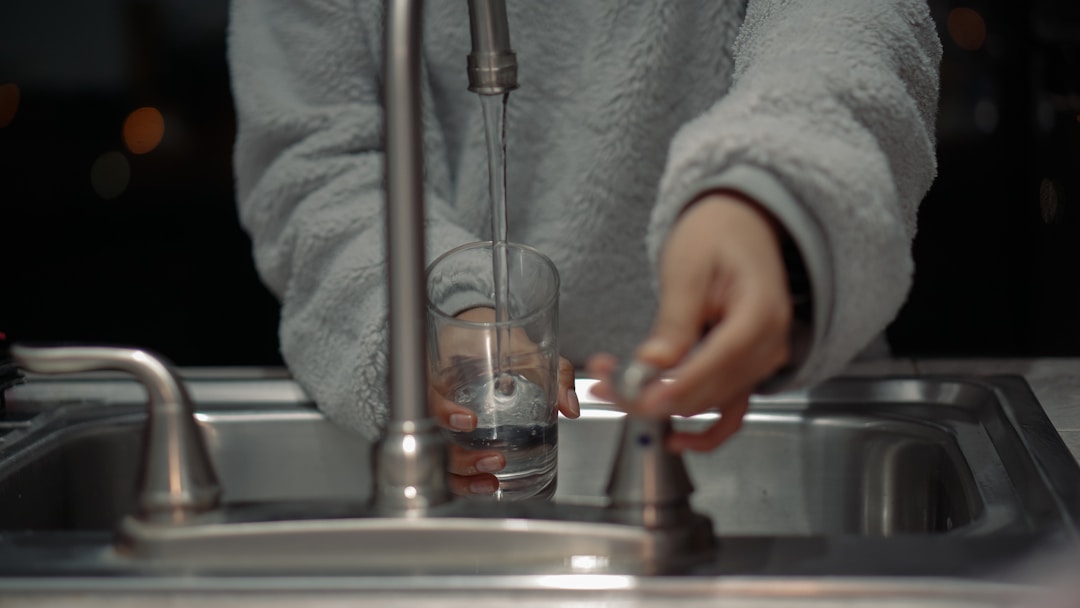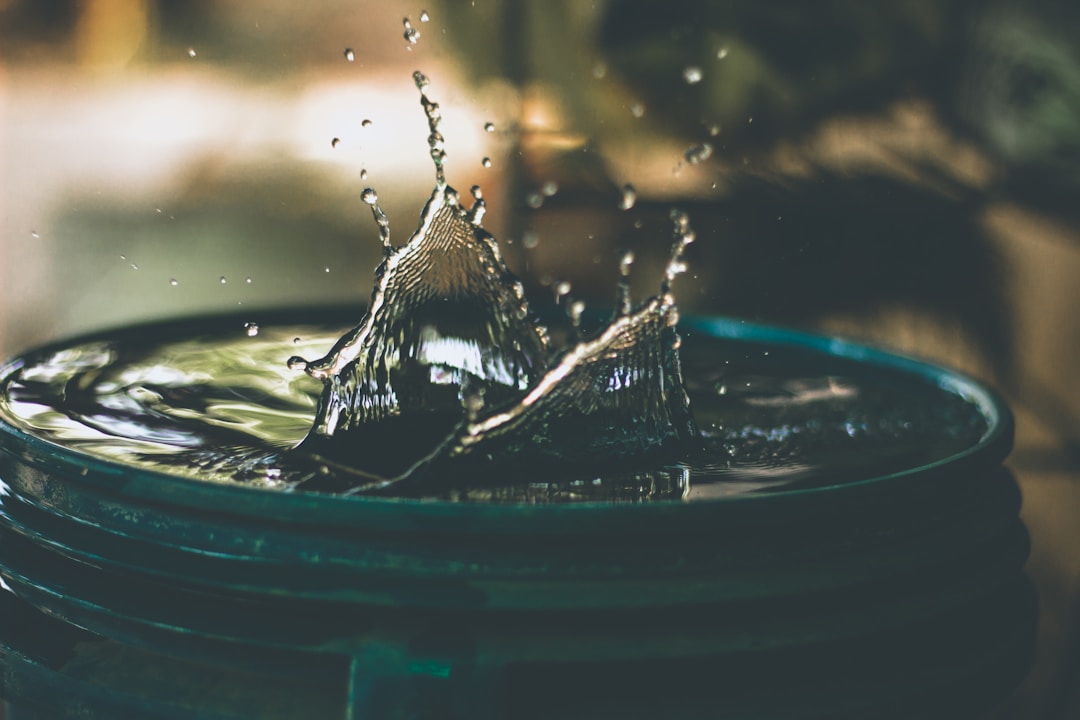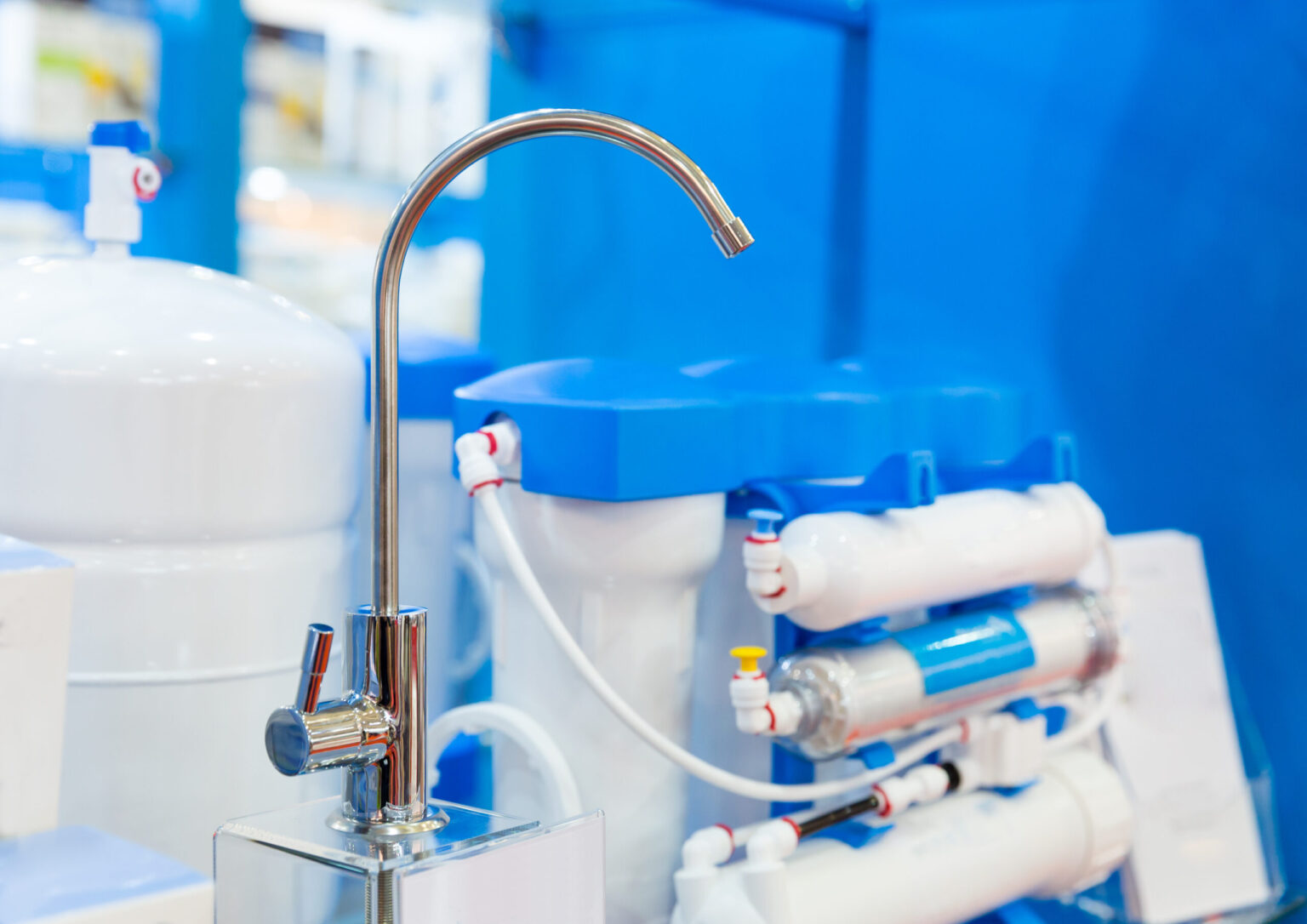What Is Water Softening?
Water is an essential element of life, playing a critical role in everything, ranging from hydration to our daily household chores. However, if the water in your home is making your skin dry, leaving behind a trace on dishes, or appearing cloudy, you may be dealing with hard water. Hard water is laden with minerals like calcium and magnesium. Residential water softener systems remove these minerals and help restore water condition. In this article, we’ll explore everything you need to know about water softening.
Understanding the Concept of Water Softening

Water softening is a process that involves removing minerals such as calcium and magnesium from the water supply, thus making the water “soft.” These minerals are naturally present in hard water and can cause various issues, such as scaling in pipes, reduced water flow, and even damage to appliances that use water, such as washing machines and dishwashers. By implementing a water softening system, these problems can be eliminated.
There are several methods used for water softening, but the most common technique is called ion exchange. This process involves the use of a water softener that contains tiny resin beads. These beads are charged with sodium ions. As hard water passes through the resin bed, the calcium and magnesium ions are attracted to the resin and stick to the beads, while the sodium ions are released into the water. This exchange of ions effectively softens the water by reducing the concentration of calcium and magnesium.
Recognizing Signs of Hard Water
While not every residence will experience hard water troubles, a considerable number do. If you’re unsure whether your house does, there are some tell-tale symptoms that you may have hard water. One of the most discernable signs of hard water is soap scum or residue in your sinks and tubs. Hard water and soap don’t mix well, which leads to the formation of a scummy substance.
Yet another sign is the appearance of spots on dishes and glasses. These are often mineral deposits left by hard water. Clothing washed in hard water might feel unusually rigid or look dull.
Hard water may lead to increased energy bills as it takes more energy to heat hard water than it does to heat soft water. In many cases, the hardness of water may also impact your skin and hair.
If you have noticed more than one of these signs, then hard water may be the problem. The next step is to determine the severity of the issue and consider implementing potential solutions.
The Process of Water Softening

A detailed understanding of the process of water softening may vary based on the specific type of water softener system being used. However, assuming an ion exchange system is in use, the softening process includes two main stages: regeneration and service.
In the service stage, hard water from the house flows through a mineral tank filled with resin. As the water travels, the hard minerals attach to the resin beads, leaving only soft water to flow out into the household system.
Over time, the resin beads become coated with hard minerals and can no longer soften the water efficiently. At this point, regeneration takes place. During regeneration, brine water (water saturated with salt) flows over the resin, causing a reversal of the initial exchange process. The hard minerals attached to the resin are released and washed away, renewing the resin’s capacity to soften water.
The benefits of water softening are numerous. Softened water can prevent scale buildup on sinks, faucets, and showerheads, as well as on appliances like water heaters and coffee makers. It also allows soap and detergents to lather more effectively, thus reducing the amount needed for cleaning tasks. Additionally, softer water can result in softer and smoother skin and hair, as it doesn’t leave behind the same residue as hard water.
Water-softening systems are a valuable investment that can extend the lifespan of plumbing fixtures, appliances, and clothing while also providing a more enjoyable water experience.
Overall, water softening can be a saving grace for households dealing with hard water. However, the necessity for a water softener should be determined through a thorough assessment of water hardness levels, homeowner preferences, and the home’s specific water requirements.


